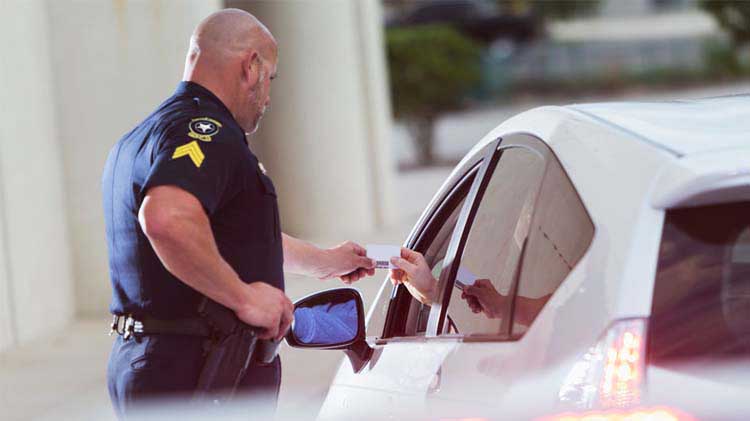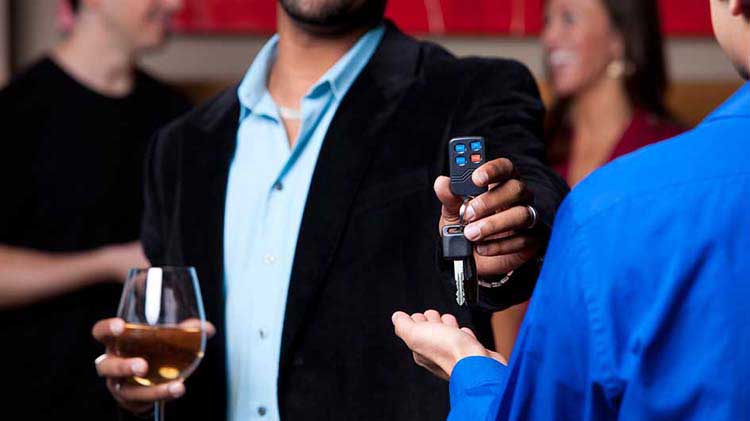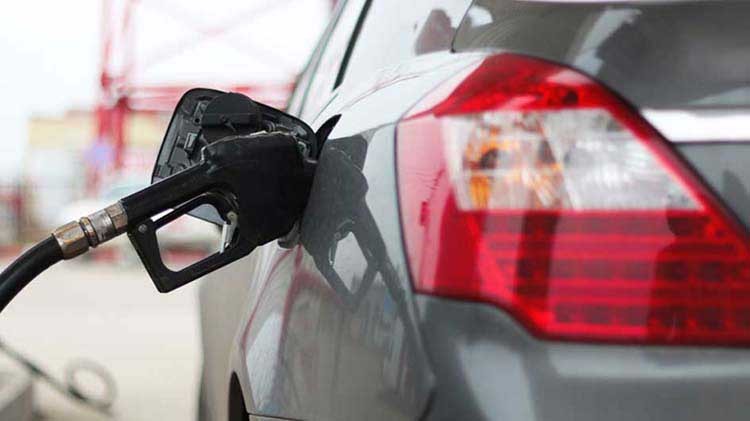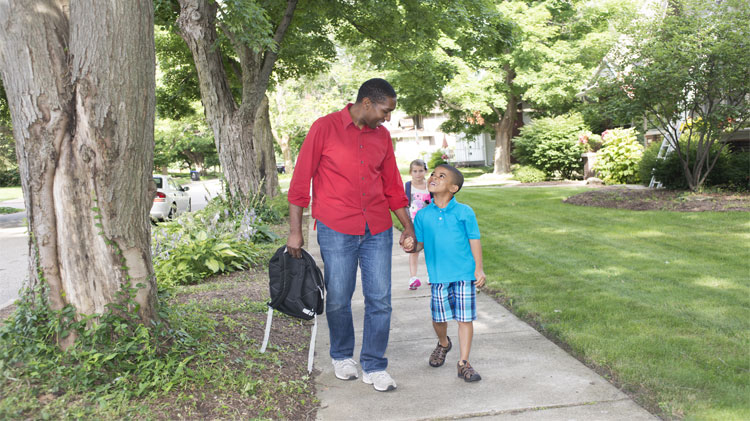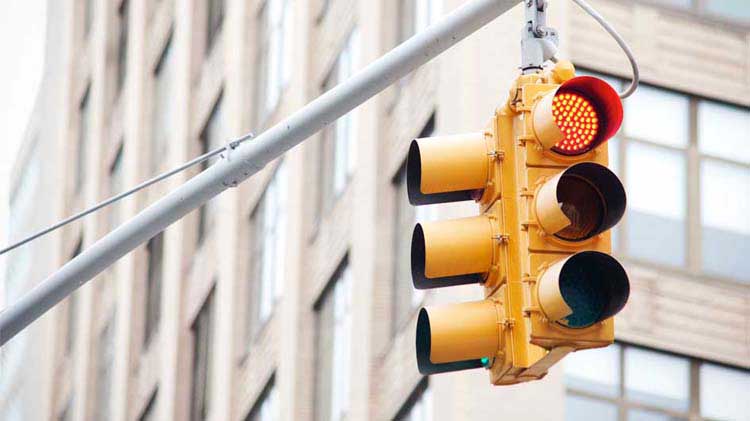The real consequences of drunk driving
Jail, lost licenses, higher insurance rates: Drinking and driving isn't worth it.
Plenty of people know that drinking and driving don't mix — but many still do it. Alcohol-impaired driving is the cause of thousands of drinking and driving accidents and fatalities each year. According to Responsibility.org, 29% of the nation's fatal crashes involved an alcohol-impaired driver. Drinking and driving is dangerous. Just a small number of drinks can make you unsafe behind the wheel and put your life and the lives of others at risk.
What is drunk driving?
States differ in what they call it — driving under the influence, driving while intoxicated, drunk driving or impaired driving — but in general, a baseline blood alcohol concentration (BAC) of .08 grams per deciliter (g/dL) or higher is considered alcohol-impaired. For those age 21 and under, zero-tolerance laws criminalize driving with very small amounts of alcohol. States may also have enhanced penalties in place for those who drive with very high BACs, minors in the vehicle or multiple convictions.
What are the consequences of drunk driving?
Alcohol impaired driving is interpreted by some states differently and vary in the penalties and consequences. When you drink and drive, you're compromising cognitive ability and responsiveness, which increases your risk for an accident. Get caught, and a single drunk driving infraction may have legal, financial, personal and even professional ramifications. The Governors Highway Safety Association has state by state information about consequences. It also provides a state by state breakdown of alcohol-impaired driving laws.
- Most states suspend your license for varying lengths of time — sometimes up to a year. Multiple convictions typically equal a revocation of a license.
- Some states require mandatory jail time — even for a first offense — as well as fees and fines.
- You may be required to install an ignition interlock device on your car; if it detects alcohol, it will prevent you from operating the vehicle.
- A single drunk driving conviction may lead to job loss or restrictions (i.e., operating company vehicles).
- Higher insurance rates almost always accompany drunk driving convictions.
- If you caused an accident while drinking and driving, punitive damages may be claimed against you. Many states will not allow your liability insurance to pay for punitive damages so you may find yourself personally exposed for such damages.
How can you stop drinking and driving?
Always make good decisions and plan ahead. Here are some solutions to avoid drunk driving:
- Always choose a designated driver — every time you go out.
- If you go out alone, do not drink alcohol. Order a non-alcoholic beverage such as a soft drink or water.
- If you've been drinking, call a taxi or ridesharing service for a ride.
- Never get in a car with a driver who has been drinking.
How drinking and driving can impact your insurance
If you are convicted of a DWI or DUI offense, your insurance rates will likely increase dramatically. How much will depend on your coverages and where your live. ValuePenguin found the national median was 86.5% or 1.86x increase in price of premiums after a DUI. Additionally, you may need to obtain an SR-22 document to verify you have purchased auto liability insurance. You should talk to your agent to see what can be done, if anything, to mitigate this increase.
